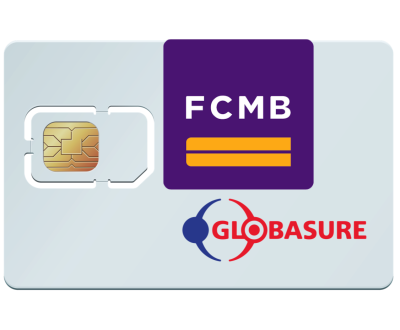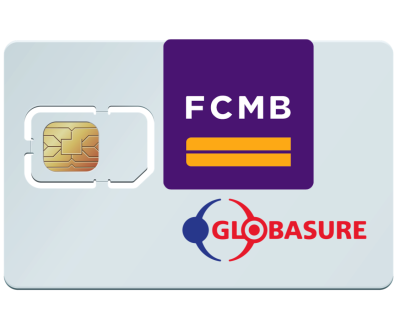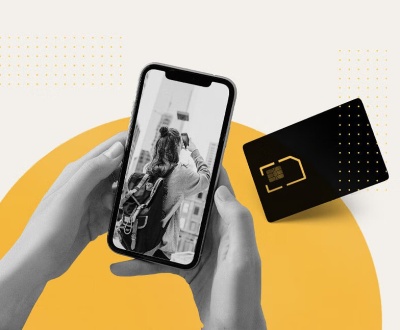In the cashless society system there is no need to carry money inform of coins or cash, which will reduce insecurity and crime. When people are travelling, the foreign currency is not necessary because money will be transferred electronically. In cashless society, there is no forgery of currency and people get the exact value for their products, rather than down valuing.
Electronic cash is a system which allows individuals to purchase goods or services in today’s society without the exchange of anything tangible. The term money still exists, but it is more in an electronic form than previously.
Electronic cash is a term becoming more acceptable as the world makes a shift towards a cashless society. Since the 1960’s governments and financial institutions globally have made steady; slow, but steady steps towards the goal of a society without cash. The cashless society is being sold as a more convenient method of payment, and a method of preventing crimes all the way from the robbery of cash from an individual to the extent of money laundering among crime syndicates and cash stockpiling at home by corrupt government officials.
Issues of Cashless Nigerian Society:
The move to use electronic cash in an ironically termed society dubbed “cashless”; there are many issues that include security, privacy, crime and computerization. We as a society must as a whole be comfortable with this new shift or the tendency to rebel becomes prominent. As the financial institutions have implemented such things as debit cards, credit cards, internet banking, etc, it has slowly brought society into the acceptance zone whereby another step could be taken. Without society being able to understand the pros and cons of electronic cash, the full benefit of the cashless society may never be realized.
Prospects of Cashless Nigerian Society:
In Nigeria, efforts have been made to make the economy cashless. The Money Laundering Prohibition Act (MLPA) of 2004 is a good step in the right direction. Most Nigerians do not know that this law prohibits payment or collection of cash when buying or selling any good whose value exceeds Five Hundred Thousand naira ( #500,000) and Two Million naira ( #2million) for individuals and corporate bodies respectively. More so, the violation of this law attracts the fine not less than #250,000 or two years imprisonment or both a fine and also imprisonment.
On April, 2011 the Central bank of Nigeria (CBN) resolved to peg daily cash withdrawals and lodgments by individuals and corporate bodies to One hunderd and fifty thousand naira (#150,000) and One Million ( #1million) respectively. This resolution will take effect from the 1st of June, 2012.
Indisputably, this is another step in the right direction.
The cashless Nigerian society, when embarked upon are many benefits. Some of these benefits include:
· Reduction in money laundering
· Check on Terrorist financing
· Effectiveness of the monetary policy
· Creation of more employment opportunities for financial sectors
. Provision of evidence against bribe givers and takers, especially the civil servants and politicians.
· Growth in the real sector of the economy. This is because credit will be available for the investors.
Challenges of Cashless Nigerian Society:
This policy, as beautiful as it is faces great challenges here in Nigeria. A few of these challenges are treated below:
Illiteracy/computerization:
As noted in any developing country, the literacy rate is still very low in Nigeria especially in the Northern part of the country. The business men here prefer to keep their money in their own vault while there are banks scattered all over the country.. Also computer usage, skills and knowledge of Nigerians even among the educated is poor.
Low level of Law enforcement:
In most cases, people get away despite how grave their offence against the state is. Worse still, the law enforcement agents in most cases get involved in these businesses.
Lack of Trust and The Bounced-Cheque Syndrome:
Trust is lacking in Nigeria’s business environment. As a result, business operatives believe in cash and carry. Bounced cheque issue is a very common thing in Nigeria. People place less trust on the use of Cheques too.
In conclusion, the CBN should embark on intensive awareness campaign to educate Nigerians about this policy. The campaign should involve the religious leaders since the lack of banking culture in the North has been their Islamic belief and often discuss in Nigeria is usually divided between ethnic and religious line (i.e how to make the fulani herdsmen in bauchi, the igbo traders in Aba and the market women in ijebu-ode to understand the policy).
Globasure is a provider of simple, smart payment solutions.
More from our blog
See all postsRecent Posts
All Website Tags
Leave a Comment cancel
This site uses Akismet to reduce spam. Learn how your comment data is processed.








 WhatsApp us
WhatsApp us
The level of infrastructural facilities in Nigeria is still too low to make this policy a success.